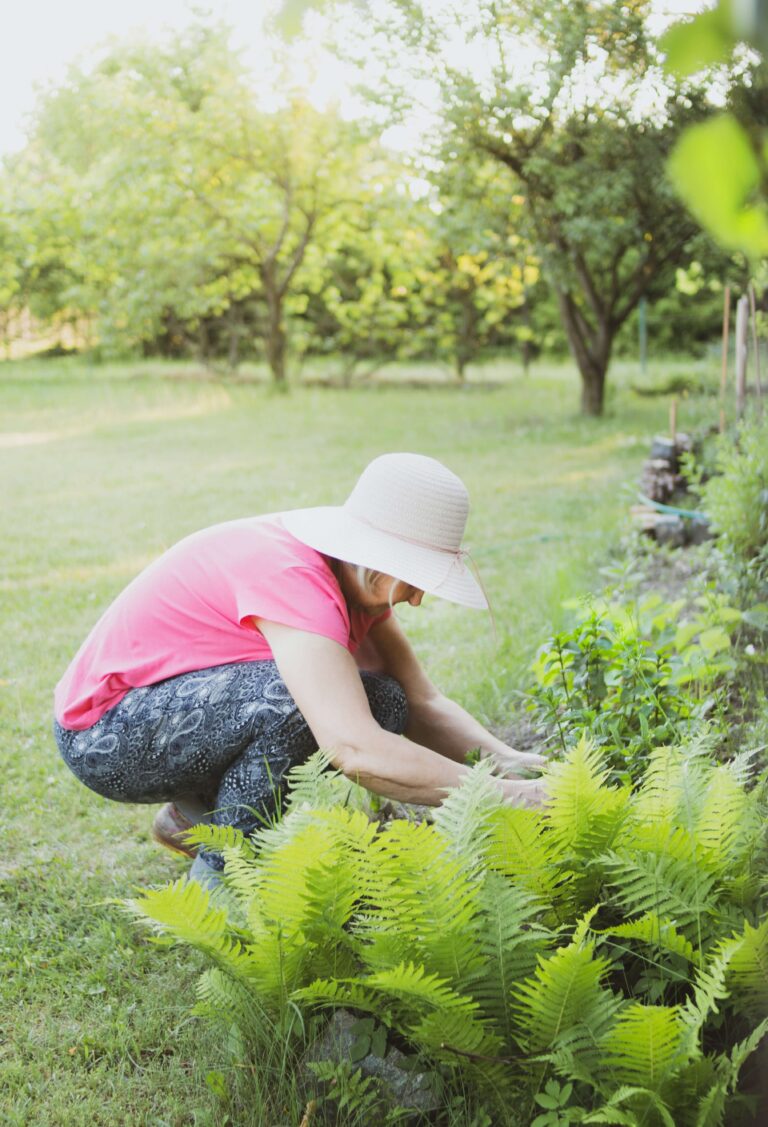
For many of us, gardening is a hobby that allows us to breathe fresh air, disconnect from technology and our busy lives, and connect practically with nature.
But did you know that therapeutic gardening can also benefit those suffering from deteriorating mental health issues, including dementia and Alzheimer’s? Individuals who engage in therapeutic gardening can experience significant improvements in their mood and overall well-being.
Whether you struggle with mental health issues or are looking to create safe spaces for a loved one who does, keep reading to learn more about the benefits of therapeutic gardening.
What is Therapeutic Gardening?
Therapeutic gardening uses plants and gardens to improve mental and physical health. This type of therapy can be used with individuals of all ages and abilities and has been shown to offer a wide range of benefits.
This gardening can take place in indoor and outdoor spaces and can be as simple as growing a few plants in pots on a windowsill. Therapeutic gardening is an activity that can be enjoyed alone or with others, making it a great way to socialize and connect with others who have similar interests.
Residential living facilities, hospitals, and community gardens are all great places to engage in therapeutic gardening.
What are the Benefits of Therapeutic Gardening?
A Reduction in Stress and Anxiety Levels
By engaging with plants, we focus on the present moment, which can help reduce stress and anxiety levels. Studies have shown that therapeutic gardening can lower cortisol levels (the stress hormone) and increase serotonin levels (a neurotransmitter that plays a role in regulating mood and happiness).
Improved Mood and Overall Well-Being
Therapeutic gardening can also improve our mood and overall well-being. Imagine the joy of watching a plant grow and blossom over time – this feeling of accomplishment can help boost self-esteem and confidence.
A Sense of Purpose
For many individuals suffering from mental health or physical issues, therapeutic gardening can provide a sense of purpose. Caring for plants can give us a reason to get up in the morning and something to look forward to each day.
Improved Socialization and Communication Skills
Therapeutic gardening can also help to improve socialization and communication skills. This activity requires individuals to work together, which can help build relationships and foster communication. When communities grow over a shared love of gardening, it can help to reduce social isolation and feelings of loneliness.
A Connection with Nature
One of the best things about therapeutic gardening is that it allows us to connect with nature. This connection can help to reduce stress, improve our mood, and boost our overall health and well-being.

Tips for Getting Started with Therapeutic Gardening
If you’re interested in incorporating therapeutic gardening into your life or the life of a loved one, there are a few things to keep in mind.
1. Create An Accessible Space
One of the most important things to consider when starting a therapeutic garden is accessibility. Make sure the space is easily accessible for those using it. If you’re working with individuals who use wheelchairs, for example, make sure there is enough space for them to move around easily.
The best part of therapeutic gardening is that it can be done in both indoor and outdoor spaces, so there’s no need to worry if you don’t have a lot of space. A few potted plants on a windowsill can make a world of difference.
2. Start Small
It’s also important to start small when first getting involved in therapeutic gardening. Don’t try to do too much at once. Start with a few plants and add more as you get more comfortable, and watch as your garden grows over time.
3. Choose the Right Plants
When choosing plants for your garden, it’s essential to consider the needs of those who will be using them. If you’re working with individuals with dementia, for example, you might want to choose plants that are easy to care for and don’t require much attention. You should also consider the climate in which you live and choose plants that can withstand the conditions.
4. Get Involved in the Community
Another great way to get started with therapeutic gardening is to get involved in the community. There are often community gardens or therapeutic gardening groups that you can join. This is a great way to meet new people and learn more about gardening.
Therapeutic Gardening – A Step Toward Hope
Gardening is an activity that offers myriad benefits for both our mental and physical health. For those suffering from deteriorating mental health conditions like dementia or Alzheimer’s, therapeutic gardening can provide a much-needed sense of purpose and belonging.
Plus, the added physical activity can help to improve overall health and well-being. If you or someone you know is struggling with mental health issues, consider giving therapeutic gardening a try. It just might be the step toward the hope that so many need.

